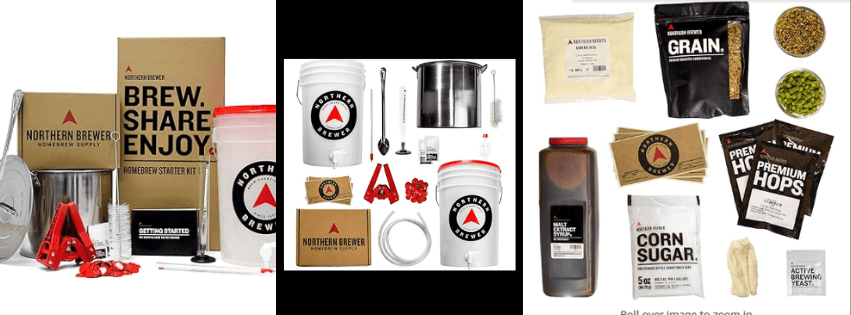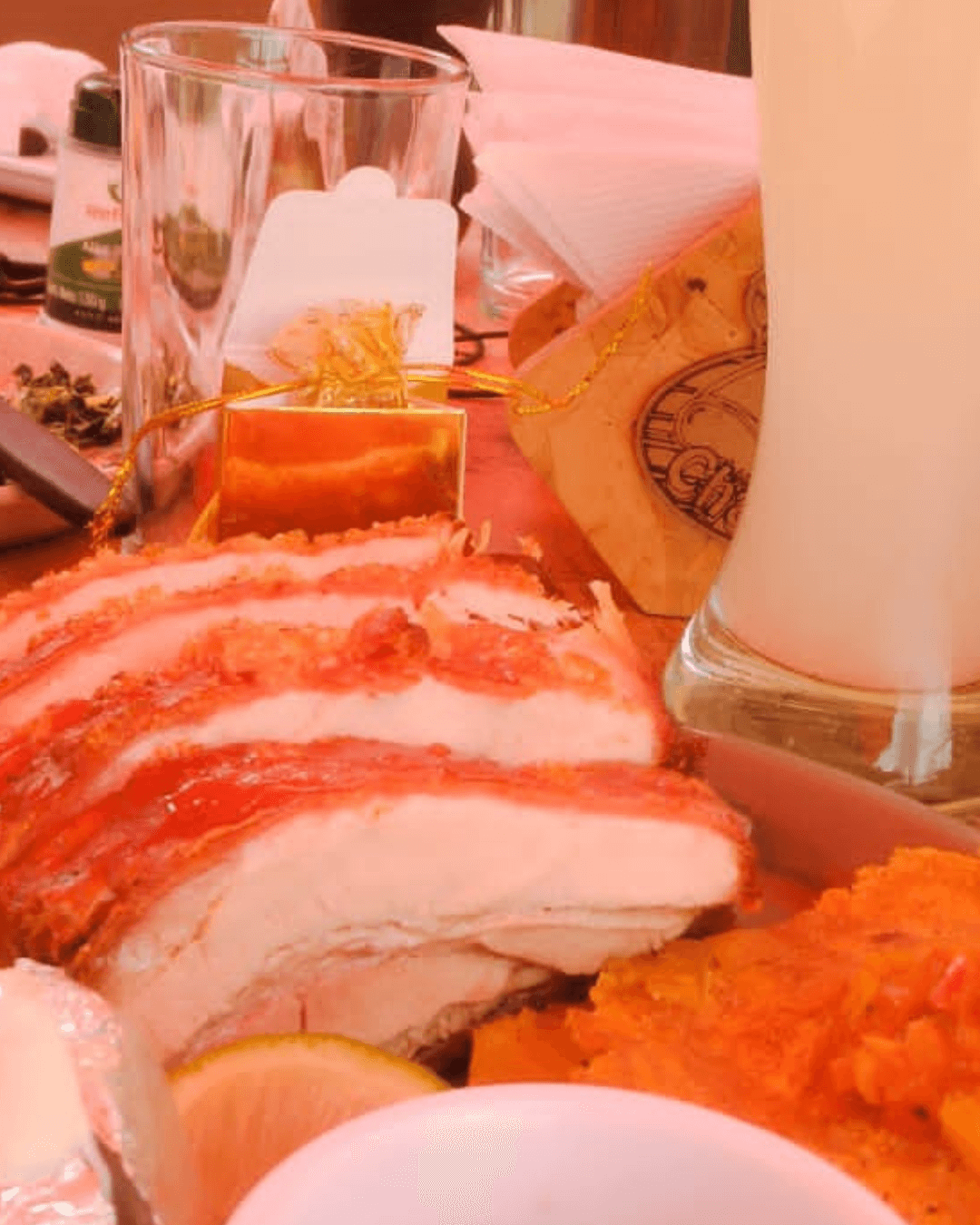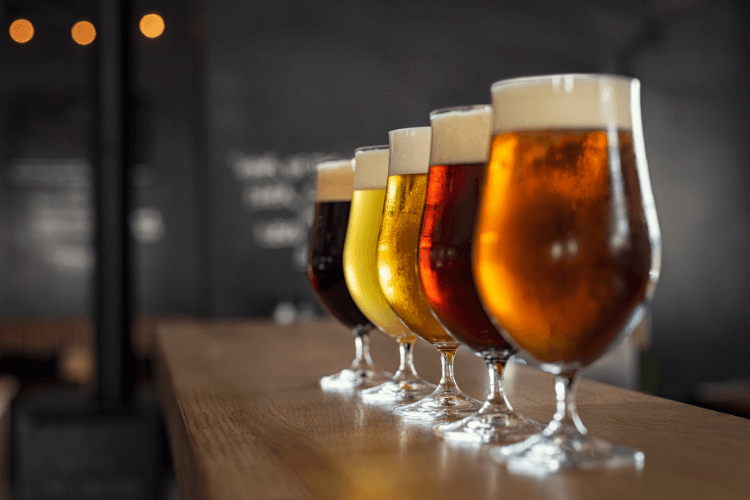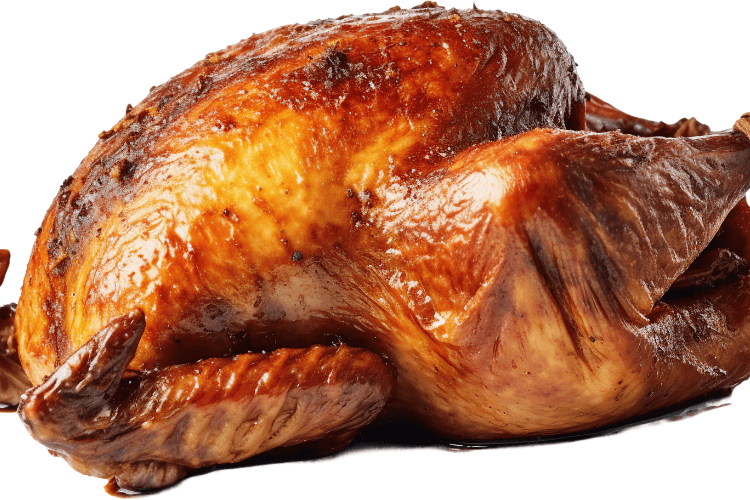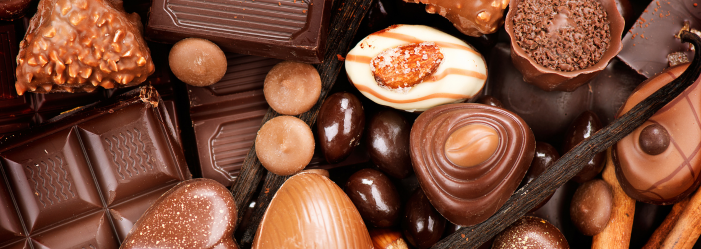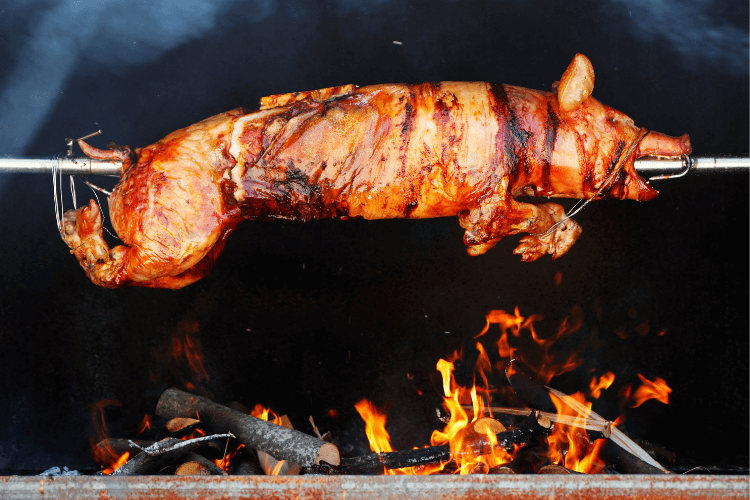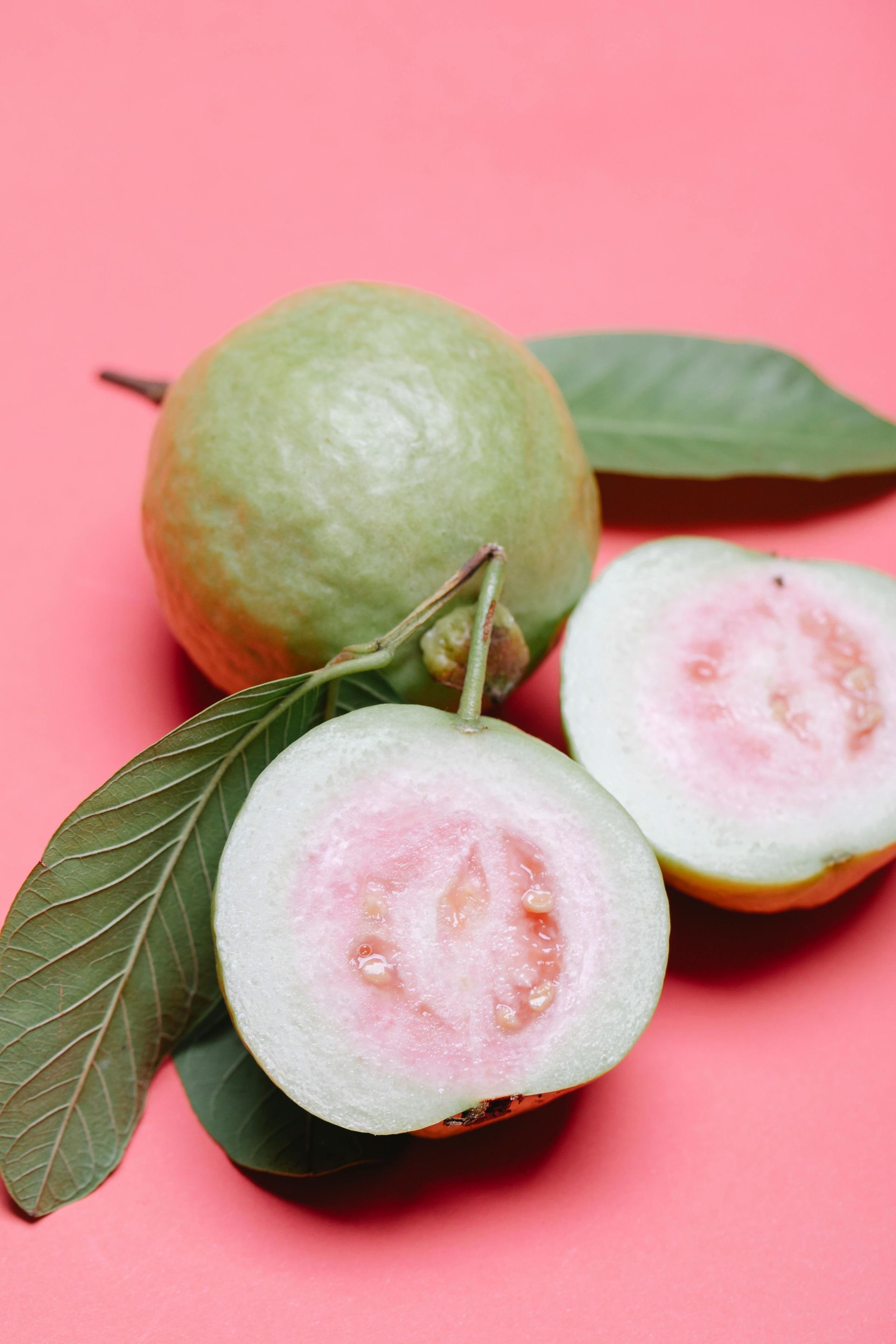Beer: From Fermentation and the Maillard Reaction to The Beatles in Bogotá
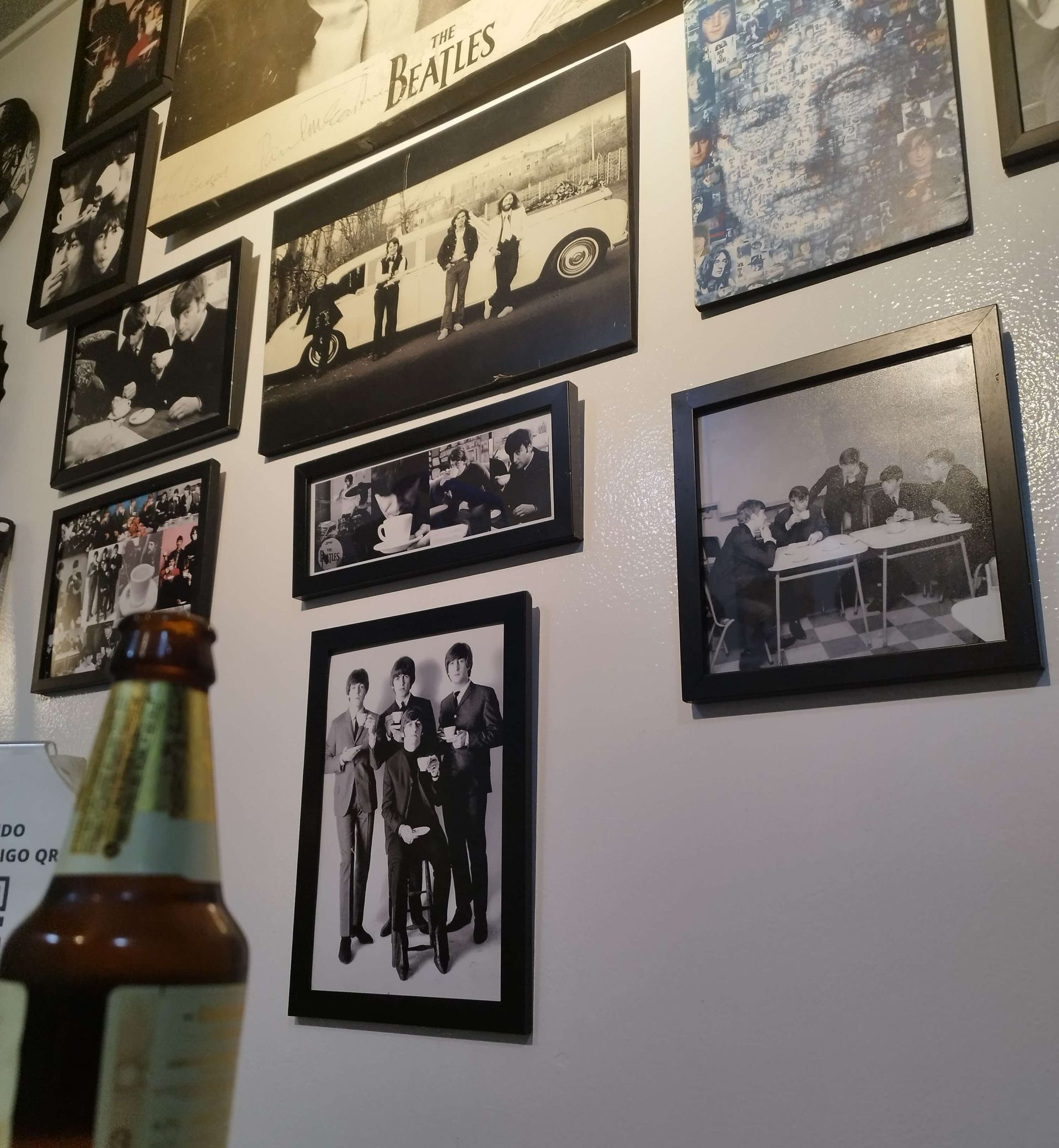
After a few medical appointments, where I confirmed that my kidney is functioning quite well (despite everything), I found myself recovering from a kidney stone attack. An episode that lasted eight days and was, most likely, a consequence of my "excellent" diet from years past. The pain, as anyone who has experienced it knows, is unbearable. Thanks to tramadol tablets, an effective but dangerous opioid painkiller if used without moderation or medical supervision, I managed to get through it. And yes, it’s addictive, but at that moment, it was my salvation.
When I left the hospital, the sky in Bogotá was dark, and the streets were wet from a recent rain. That rain, which we sometimes curse, is necessary. After days of intense sun, the city welcomed it as a relief. Curiously, I started thinking about how we, as humans, see rain as something inconvenient or annoying, but we’re not plants. For them, water is life. Imagine how terrible it would be to go days, weeks, or months without a single drop. We, on the other hand, are lucky to live in a system that provides us with water whenever we need it. A privilege we often take for granted.
And although water may be scarce in some places, in others, like where I live, we’re fortunate to have páramos. For those who don’t know, páramos are unique ecosystems, filled with plants called frailejones. These plants are fascinating: they grow just 1 to 4 centimeters per year and have the incredible ability to capture water directly from the clouds. In short, they are water-creating ecosystems. A true miracle of nature that reminds us how interconnected we are with our environment.
As the rain fell, I stepped into a store to take shelter and, while I was at it, buy something. It was at that moment that I remembered the next episode of the podcast I have in mind: blending three seemingly different but deeply connected topics. From biology, I’ll talk about yeast and its crucial role in fermentation, that magical process that transforms sugars into alcohol and carbon dioxide. From chemistry, I’ll explore the Maillard reaction, the reaction that not only occurs in roasted meat or toasted bread but also in the roasting of malt, giving beer its characteristic flavors and colors. And from physics, I’ll review some physical separation processes that are essential in the production of products like beer, such as filtration or centrifugation.
To wrap things up, though not directly related to beer, I want to talk about distillation. This process, which isn’t part of beer-making, is key to the production of other alcohols, like whiskey. However, most of these distilled spirits begin their life through a fermentation process, reminding us that, in the end, everything is connected.
As I finished my beer, a Beatles song was playing in the bakery. Interestingly, the place had a small corner dedicated to the band, filled with photos and memorabilia that gave it a nostalgic vibe. At that moment, Get Back was playing—a song that felt perfect for the occasion. Not just because of its catchy rhythm, but because, in some way, it encapsulated the essence of what I wanted to convey in this blog.
The lyrics of the song talk about Jo Jo, a man who thought he was lonely but knew that feeling wouldn’t last forever. Jo Jo left his home in Tucson, Arizona, in search of something different, something that would connect him to the world. That idea of "getting back" made me think about how, sometimes, we need to step away to better understand where we come from. And, in a way, that’s what I do with this blog: explore topics I’m passionate about, like beer, from different perspectives, only to "get back" and share what I’ve learned.
Beer, far from being just water with sugar and coloring, is a fascinating product born from natural processes. The real "cooks" here are those tiny single-celled beings—yeasts—eukaryotic organisms that, in their search for energy (like all of us), transform sugars into alcohol and carbon dioxide. That alcohol, consumed in moderation—and I emphasize not in excessive amounts—becomes an excellent companion for good conversation.
But beer is much more than that. Its rich and complex aromas and flavors come, in part, from the Maillard reaction, that chemical magic that happens when malt is roasted, giving beer its golden, amber, or brown tones. Additionally, key physical processes like filtration or decantation play a role in its production, varying depending on the type of beer being made.
Today, the variety of beers is immense: from artisanal ones, crafted with traditional techniques and great care, to industrial ones, produced with cutting-edge, almost robotic technology. This drink, which has accompanied us for centuries, is a true reflection of human creativity and our connection to nature. In the podcast, we’ll dive deeper into all of this, exploring every detail that makes beer so special. Don’t miss it!
